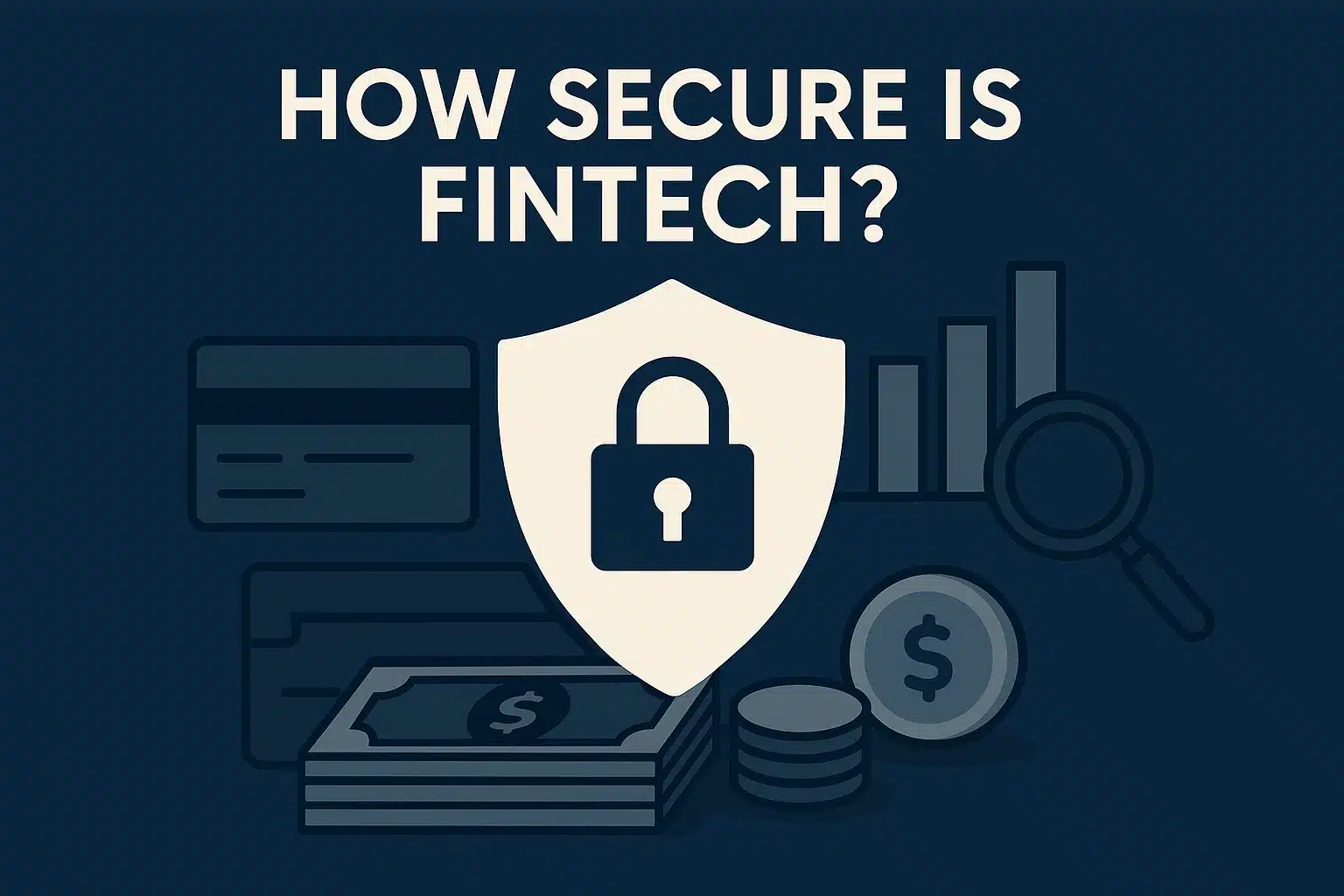Fintech is changing how we bank, invest, and pay, offering speed and convenience unmatched by traditional systems. But as it grows, one question remains top of mind for users and investors alike… How safe is fintech?
Understanding Fintech Safety
Fintech companies rely on advanced security technologies to protect users’ financial data. Encryption protocols, secure APIs, and multi-factor authentication are standard across most platforms. Cloud infrastructure is typically hosted by trusted providers with global compliance certifications.
Furthermore, many fintechs operate under strict financial regulations. Such as PSD2 in the EU, or oversight by the SEC, CFPB, or FINRA in the United States. These frameworks are designed to ensure both consumer protection and data integrity.
Still, not all fintechs are created equal. Well-established companies often go beyond the minimum legal requirements by undergoing third-party security audits and certifications such as SOC 2 or ISO 27001.
When evaluating safety, the provider’s track record, transparency, and governance are just as important as the tools they use.
Common Fintech Risks

Despite strong security measures, fintech platforms are not immune to risks. Cyberattacks, phishing scams, and data breaches are real threats. As fintechs collect and process sensitive information, they become prime targets for malicious actors. Additionally, newer or smaller fintech startups may lack robust risk management processes, leaving users exposed to operational or financial instability.
Another concern is over-reliance on digital infrastructure. Service outages, cloud vulnerabilities, or third-party failures can disrupt access to funds or services. While banks often have deep capital reserves and regulatory backstops, not all fintechs benefit from the same safety net. Users should be aware of these differences before shifting their financial activities entirely to digital platforms.
Tips to Stay Safe

To use fintech securely, take proactive steps to protect your data and identity.
- Use strong, unique passwords for each financial app or platform, and avoid storing them in plain text.
- Enable multi-factor authentication (MFA) whenever available, it adds an extra layer of protection even if your password is compromised.
- Keep your fintech apps and operating system updated to patch known vulnerabilities.
- Be cautious when accessing financial services on public or unsecured Wi-Fi networks.
- Monitor your financial accounts regularly to spot suspicious activity early.
- Stick to regulated providers and verify their credentials and reviews before signing up.
Final Thought
So, how safe is fintech? The answer depends on both the provider’s security practices and the user’s digital hygiene. Reputable fintech companies offer strong protection, often equal to or better than traditional banks. However, risks exist, especially among unregulated or early-stage startups.
With a bit of diligence and awareness, users can enjoy the benefits of fintech without sacrificing safety. The key is to stay informed, choose wisely, and never take online financial security for granted.















